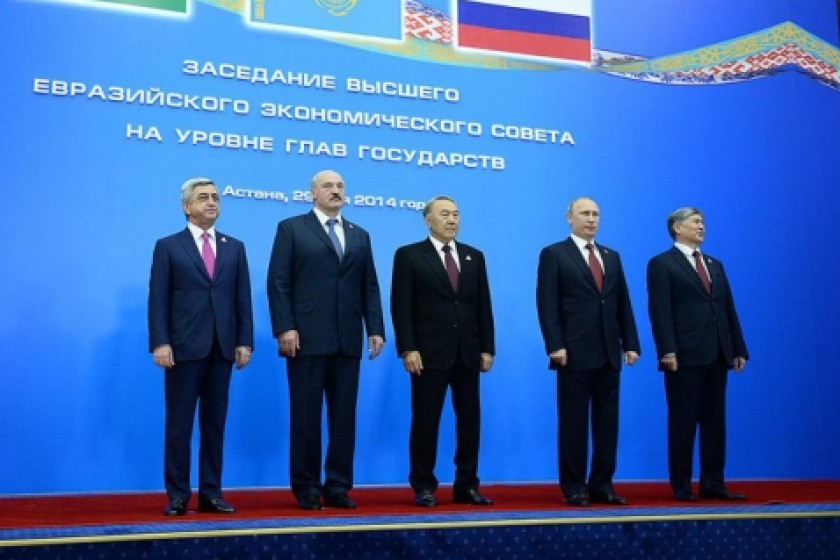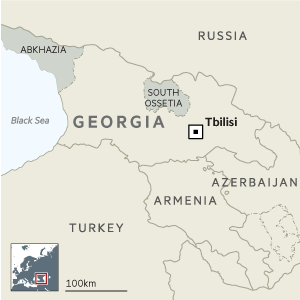Re: Eurasian Customs Union
Gazprom to reduce gas price for Armenia
Gas price for Armenia in the context of country's accession to the Eurasian Economic Union will be cut to $165 per 1,000 cubic meters, Gazprom chief executive Alexei Miller said in an interview with Russia 24.
The agreement to reduce gas price was reached during the recent meeting between Miller and President of Armenia Serzh Sargsyan in Yerevan.
According to him, at the moment the price is $190 per 1,000 cubic meters, and the price level allows investment in modernization and reconstruction of the gas transportation system.
Gazprom to reduce gas price for Armenia
Gas price for Armenia in the context of country's accession to the Eurasian Economic Union will be cut to $165 per 1,000 cubic meters, Gazprom chief executive Alexei Miller said in an interview with Russia 24.
The agreement to reduce gas price was reached during the recent meeting between Miller and President of Armenia Serzh Sargsyan in Yerevan.
According to him, at the moment the price is $190 per 1,000 cubic meters, and the price level allows investment in modernization and reconstruction of the gas transportation system.










Comment